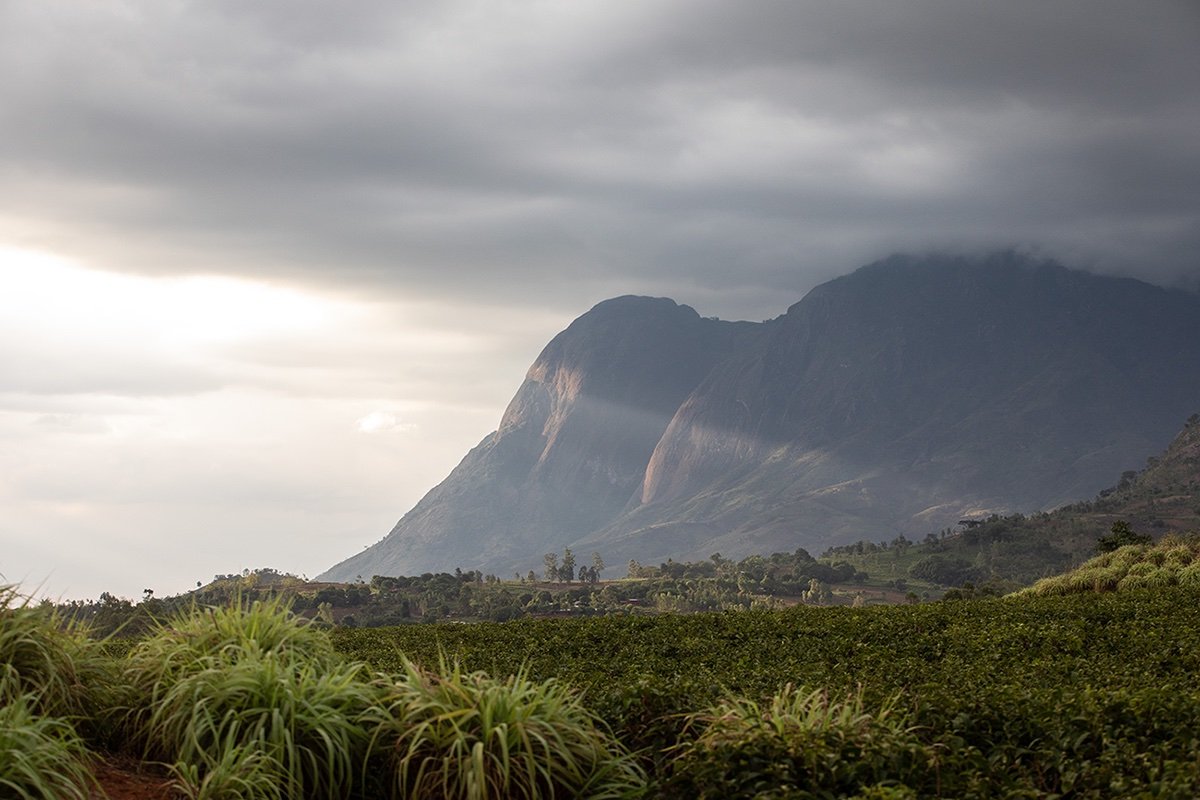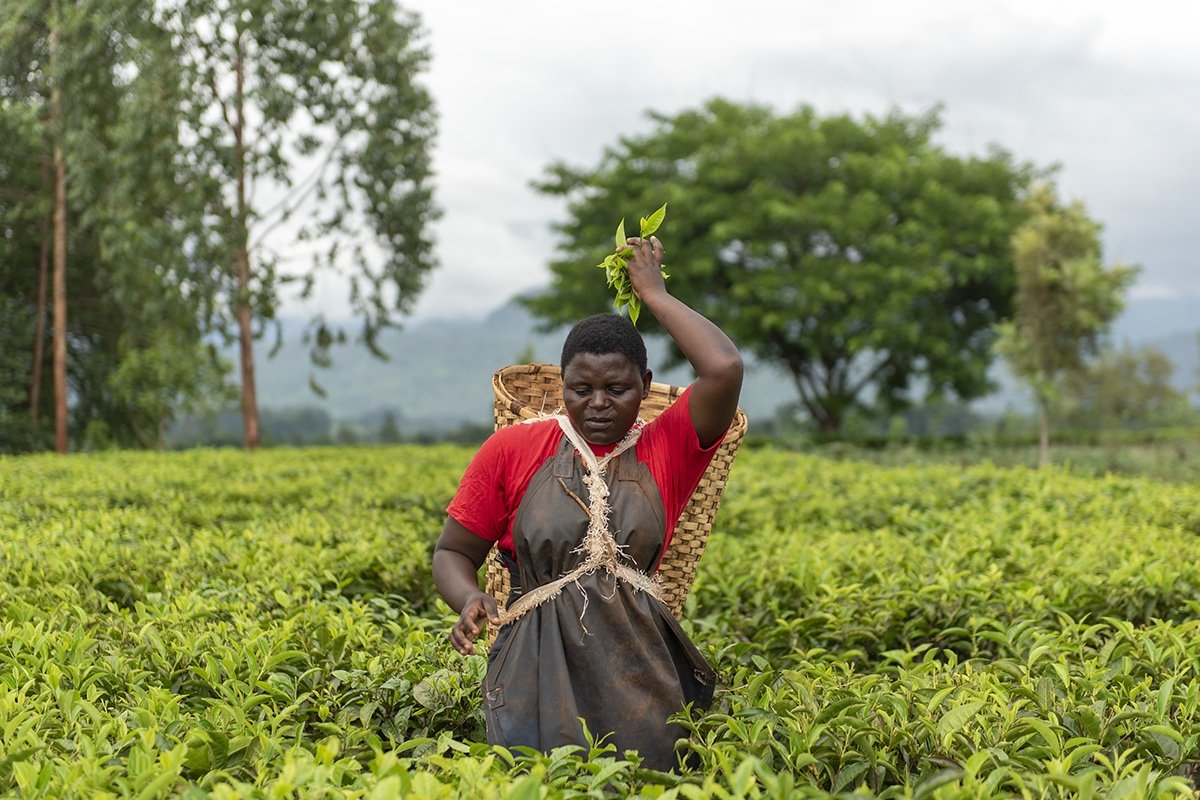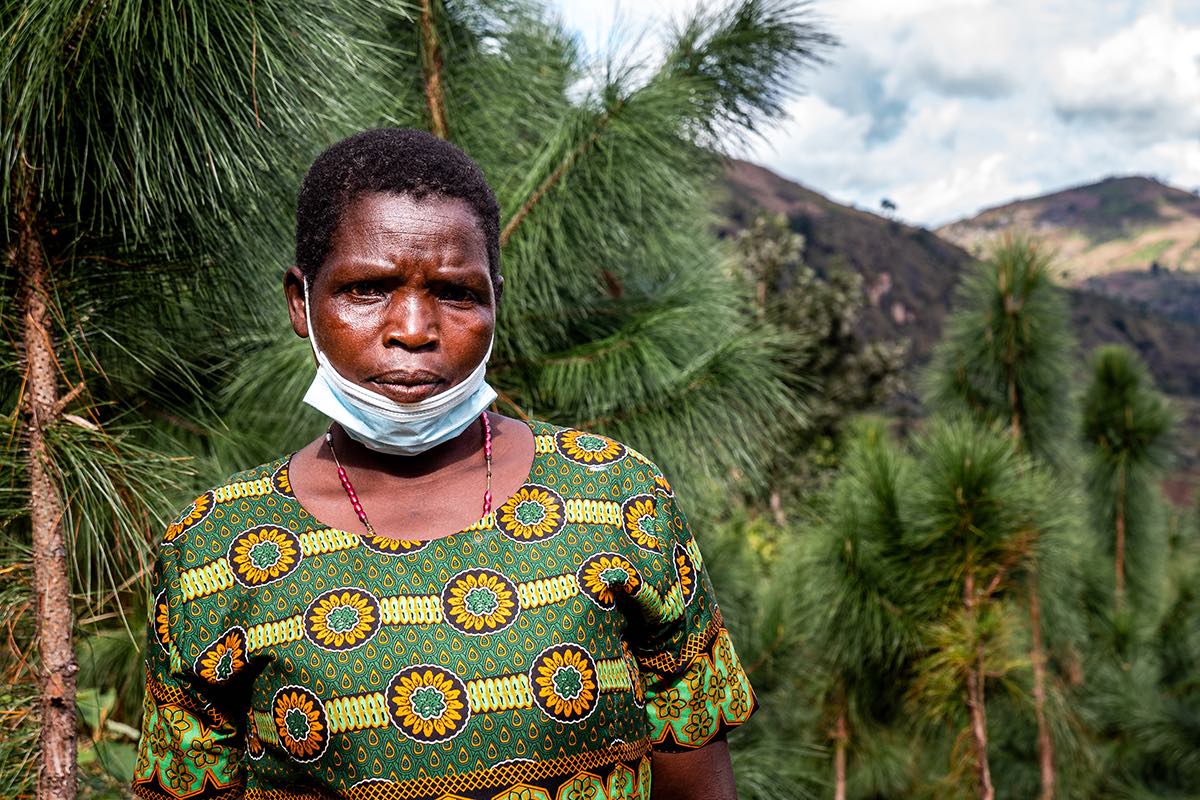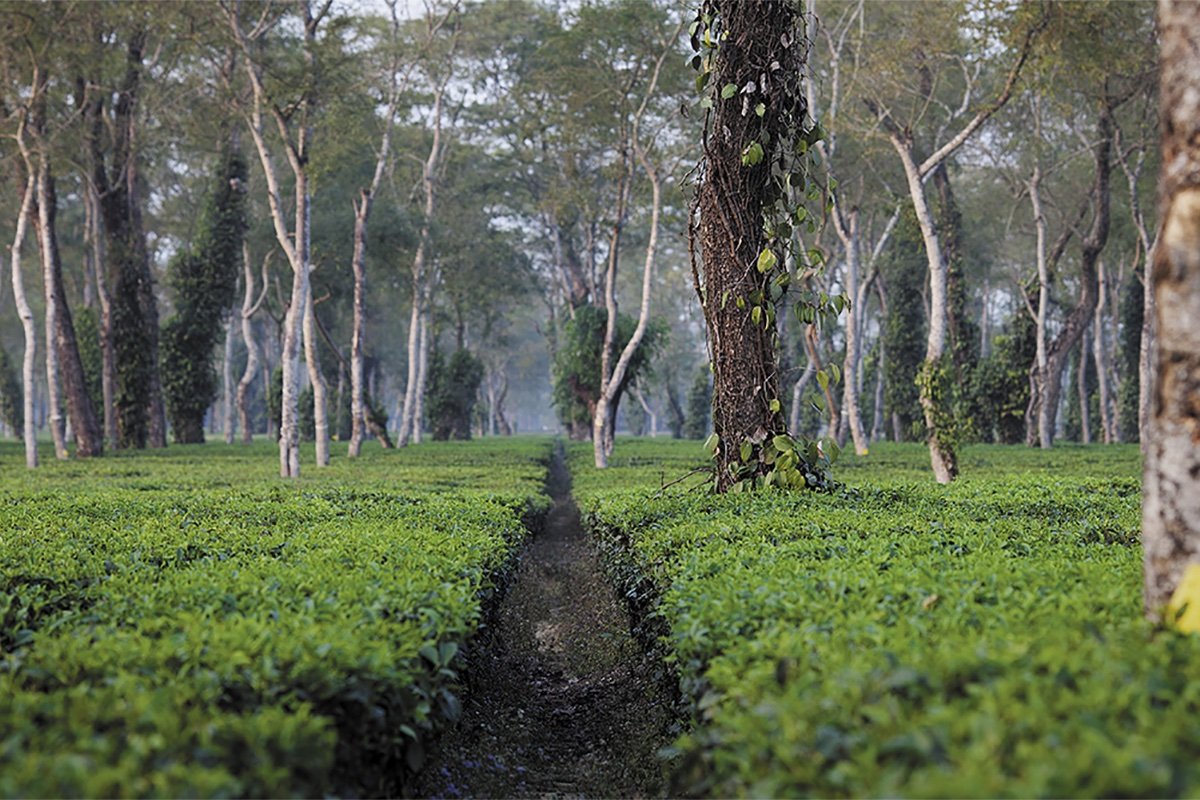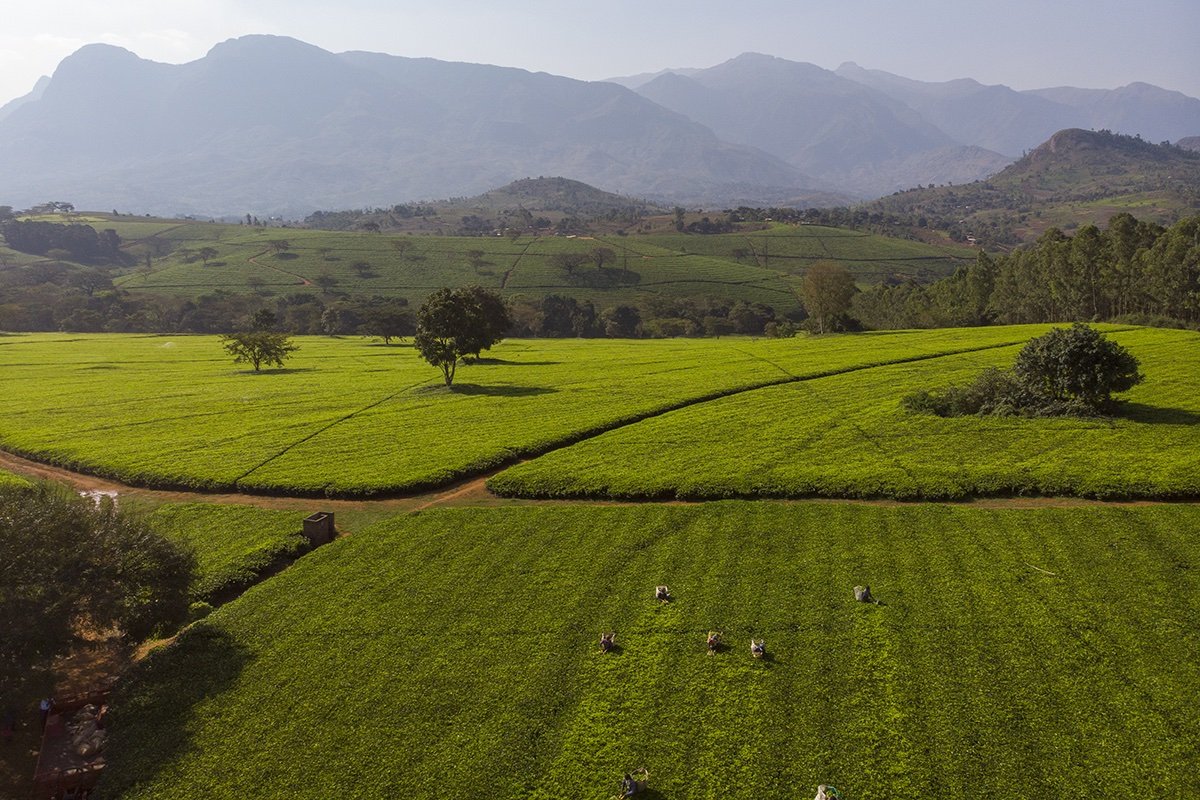A busy first week at #COP26 with many pledges made by world leaders to stand together for this last chance attempt to tackle huge climate related issues as well as rising temperatures.
Our Environmental and Climate Lead, Rachel Cracknell has been observing and watching the negotiations closely, bringing to our attention some of the main pointers that will affect and have continued impact on the tea industry. Rachel also highlights some key activities the ETP is already doing to mitigate against climate change.
Monday: Day 1
The rather ominous scene is set for us; Rachel highlights the imminent issues we face with fluctuating weather patterns causing havoc to tea supply chains now and in the future.
With evidence given to a project ten years ago based in Kenya which revealed even then that erratic weather conditions were already presenting challenges for smallholder tea farmers.
While tea clones can provide a solution to changing weather patterns, Rachel mentions they are not a viable option for many tea farmers due to high investment costs. With global temperatures continuing to rise, food and drink production around the globe will suffer.
